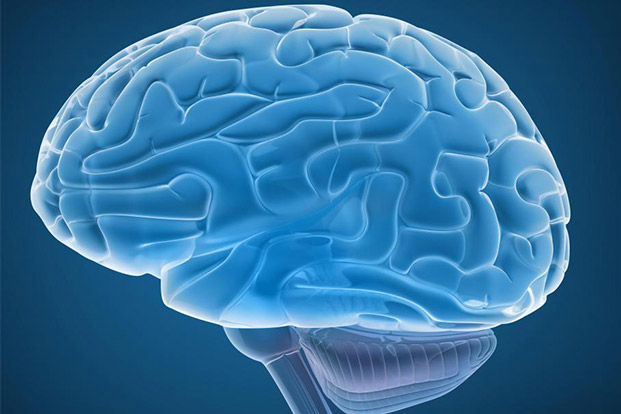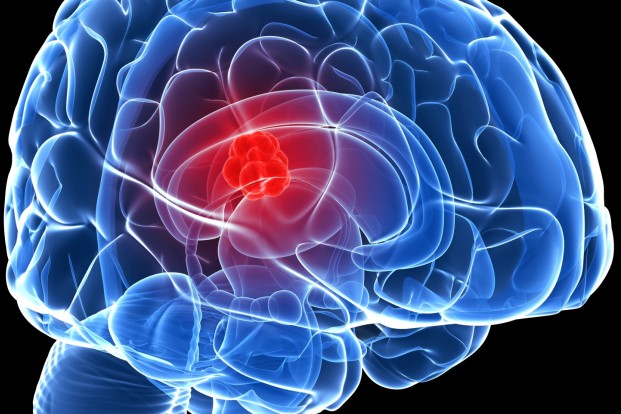Categories
- Bariatric Surgery (11)
- Black Fungus (5)
- Bone Marrow transplant (3)
- Brain Tumor Surgery Navigation Technology (20)
- Cardiac Surgery (66)
- Cardiology (97)
- Computer navigation technology for joint replacements (20)
- Covid Vaccination (17)
- Critical Care (2)
- Dental (19)
- Dermatology (31)
- Dialysis Support Group - “UTSAAH” (11)
- Dietitian (33)
- Emergency Medicine (4)
- Emotional Health (11)
- Endocrinology (33)
- ENT (20)
- Gastroenterology and GI Surgery (53)
- General and Laparoscopic Surgery (21)
- General Surgery (4)
- Gynecology & Obstetrics (183)
- Hematology (20)
- Internal Medicine (294)
- Kidney Transplant (50)
- Kidney Transplantation (20)
- Lung Cancer (8)
- Minimal Invasive Surgery (1)
- Mother & Child (20)
- mucormycosis (5)
- Nephrology (61)
- Neurology (147)
- Neurosurgery (68)
- Nutrition and Dietetics (107)
- Omicron Variant (1)
- Oncology (288)
- Ophthalmology (10)
- Orthopaedics & Joint Replacement (86)
- Paediatrics (59)
- Pediatric Nephrology (3)
- Physiotherapy (5)
- Plastic & Reconstructive Surgery (6)
- Psychiatry and Psychology (90)
- Psychologist (28)
- Pulmonology (72)
- Rheumatology (13)
- Spine Services (21)
- Transradial Angioplasty (16)
- Urology (84)
Query Form
Posted on Apr 19, 2022
Know about Seizures
Seizure is defined as manifestation of abnormal excessive hypersynchronous electrical discharge from the brain. Epilepsy is at least 2 unprovoked seizures 24 hours apart. Broadly it can be classified as focal or generalized depending on clinical and electrophysiological criteria. Family history is also equally important. Investigations routinely done are MRI Brain epilepsy protocol, EEG (Routine, Sleep-deprived or Video EEG) and routine blood investigations including electrolytes (Sodium, potassium calcium, magnesium). Those who are suffering should consult neuro-physician and are treated according to their seizure type and comorbid conditions. The drugs are called antiepileptic drugs. Newer generation AED with less number of side effects are also available. Other modalities of treatment are Epilepsy surgery, vagus nerve stimulation and Ketogenic diet in resistant cases. These treatment modalities are applicable when seizure is not controlled by routine AEDs.

Other measures which should be taken are
- Do not skip or stop AED without consulting your doctor
- Maintain a healthy life style with a good sleep and regular timely taken diet
- Avoid driving if not permitted by your doctor
- Avoid going on heights, or near water collections (River, lakes etc.) and finally
- Keep in touch with your neurologist with regular scheduled follow-up
Anti-seizure medications can be stopped with the advice



